Project Nirvahana
Championing Menstrual Hygiene & Waste Management
Why Project Nirvahana?
We believe in tackling challenges that often go unnoticed but deeply affect lives. Project Nirvahana is one such heartfelt initiative, driven by the belief that everyone deserves dignity, health, and a clean environment.
Menstrual health is more than a biological process—it’s about empowerment and equality. Yet, in many communities, it remains a taboo subject. Through Project Nirvahana, we’re breaking these barriers in government schools across Karnataka, raising awareness about menstrual hygiene and promoting sustainable waste management. We create safe spaces where young girls feel supported and confident. Our interactive workshops debunk myths, offer practical guidance, and encourage open conversations among students, teachers, and parents.
Beyond education, we take action. By distributing eco-friendly menstrual products and teaching proper waste disposal, we aim to make a lasting difference for both personal health and the planet. At its core, Project Nirvahana is about fostering dignity, breaking stigmas, and inspiring healthier, more sustainable communities—one conversation at a time.
Did you know that nearly 23% of girls in India drop out of school when they start menstruating due to lack of proper facilities and awareness? Shockingly, only 36% of menstruating women in India use sanitary products, with the rest relying on unsafe alternatives like rags, ash, or even sand. Additionally, improper disposal of menstrual waste contributes to over 113,000 tons of non-biodegradable waste annually, posing severe environmental and health challenges.
For countless young girls, menstruation remains shrouded in stigma, misinformation, and shame. These challenges, coupled with a lack of access to proper sanitary products and education, can severely impact their health, self-esteem, and education. Meanwhile, improper disposal of menstrual waste poses significant environmental and health hazards.
Project Nirvahana was born to break these barriers. Our mission is to foster a future where every girl can navigate her menstrual journey with confidence, dignity, and knowledge—while encouraging practices that protect our environment.


What We Do
Workshops That Educate and Empower: Through interactive workshops, we provide young girls with essential knowledge about menstrual health, busting myths and fostering open conversations. By involving educators and parents, we ensure that this support system extends beyond the classroom.
Awareness Drives for Communities: We take the dialogue to a broader audience with community drives. These campaigns aim to challenge taboos, create awareness about sustainable menstrual practices, and promote a culture of understanding and support.
Eco-Friendly Product Distribution: To address both hygiene and environmental concerns, we distribute eco-friendly menstrual products such as biodegradable pads and menstrual cups. This not only ensures better menstrual health but also reduces the environmental footprint of menstrual waste.
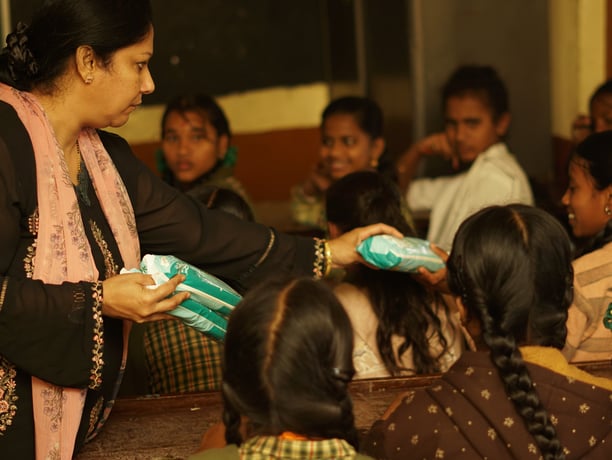

Our Impact
Empowering Communities
Sarvada Trust’s distribution of biodegradable sanitary pads has improved menstrual hygiene for schoolgirls and sanitation workers (Pourakarmikas), reducing menstrual-related health issues by 85%. School attendance among girls has increased by 60%, while 70% of sanitation workers reported improved hygiene and comfort. Families have also benefited economically, saving up to 50% on menstrual products.
Driving Social Change
This initiative has sparked educational and social transformation. Girls have shown a 40% improvement in academic performance due to uninterrupted schooling, and 80% of awareness drive participants now have better knowledge of menstrual health. Open conversations about menstruation have increased by 55%, promoting gender equality and boosting confidence, with 70% of girls actively participating in academics and extracurricular activities.
Promoting Environmental Sustainability
The use of biodegradable pads has reduced plastic waste by 90%, with a 95% faster decomposition rate compared to conventional pads. Additionally, 45% of households have adopted better waste segregation practices. These efforts have led to a 20% increase in partnerships with governments and NGOs to expand menstrual hygiene and waste management programs, fostering a cleaner and greener environment.
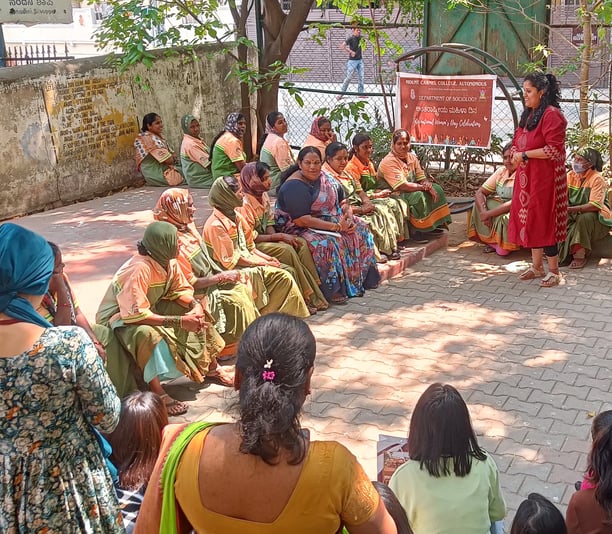

Our Pillars
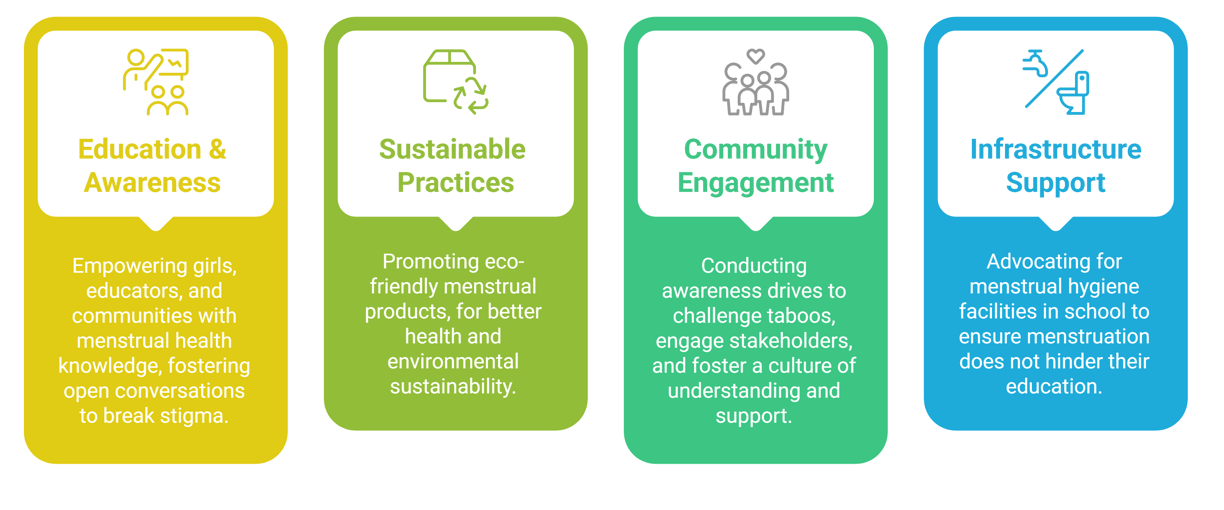


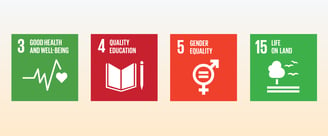
Sustainable Development Goals
Empower Lives Today, Sustain Our Tomorrow
Gallery
"Explore impactful moments from Project Nirvahana's workshops, awareness drives, and eco-friendly initiatives promoting menstrual hygiene and sustainable waste management."
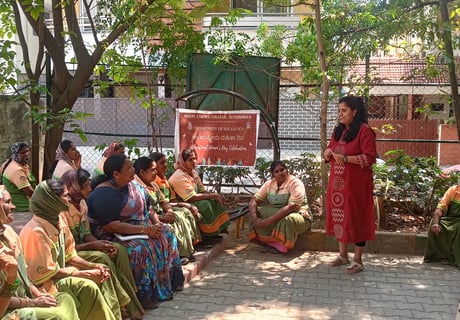



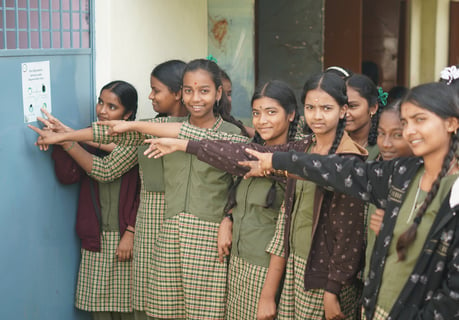

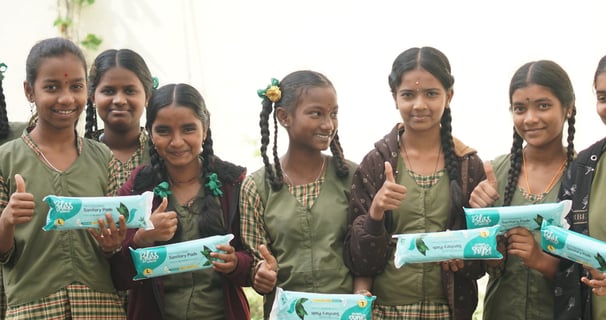

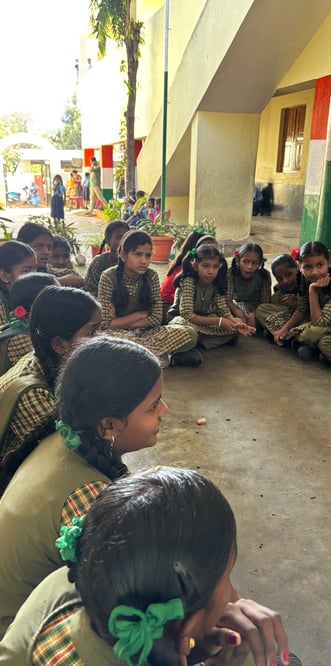

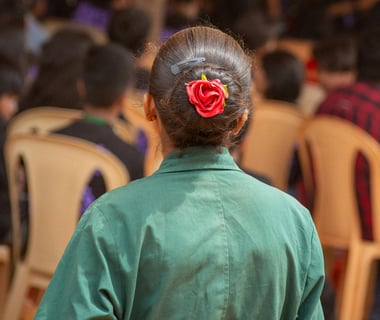



Sarvada Trust is a non-profit organization dedicated to addressing critical challenges in education, health, and sustainability. Through impactful projects, we empower underserved communities in Karnataka, creating brighter, healthier, and more sustainable futures.
contact@sarvadatrust.org
© 2025. All rights reserved.


